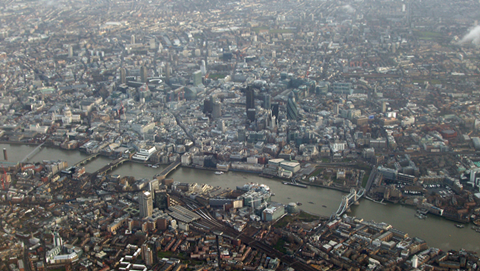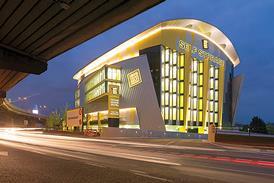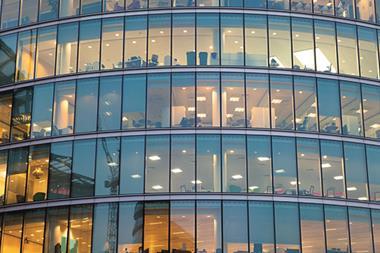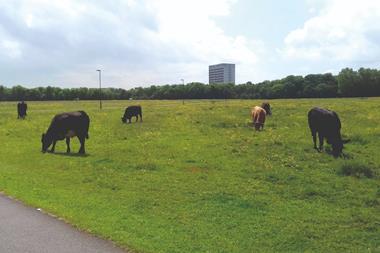Both domestically and internationally, the economic ramifications of Brexit are profound, but investors should remain optimistic about the UK’s commercial real estate market, which will continue to be a strong-performing asset class, providing long-term income stability and attractive yields.

With more than £67.5bn invested in the market in 2015, the UK commercial property sector is one of the largest and most highly developed in the world. Although investment volumes slowed in the build-up to the referendum as uncertainty about the outcome gripped investors, we can expect demand for investments in real estate to continue, with the London market remaining a magnet for global occupiers and investors.
Opportunities for investors will arise from volatility in the market - indeed, the plunge in sterling could trigger encouraging inflows from foreign investors from regions such as Asia and North America, which will have a greater incentive to snap up property across the UK, which is now cheaper.
Asian investment in the UK commercial real estate market has been running at higher levels than the 10-year average, and the fall in sterling also means that property developers and entrepreneurs such as myself, who are backed by US and Asian investors, can buy more property in the UK.
A further reason for confidence is the continuing low levels of property development across the UK, which has seen the pressure on demand for property increase in the first half of the year. Ultimately, if more investors pour in to buy property that is lower priced, then we can expect values to gradually pick up.
Elsewhere, concerns about the weakening demand for office space, particularly in the capital, are overdone. Last year, London office vacancy rates fell to a 15-year low.

With regard to the serviced office sector, where my company operates, it is in times of economic volatility and uncertainty that businesses look for flexibility, and the serviced office model is the most attractive and appropriate solution.
Also, the temporary slowdown in economic activity, coupled with fears that companies will scale down their workforces, presents an opportunity for the serviced office market.
When a crisis hits, we often see senior management being the first to go. It is usually former heads of companies and managing partners who become entrepreneurs themselves, setting up businesses, and in turn feeding the demand for flexible office arrangements.

With the electorate’s decision now confirmed, we cannot discount that there will be a period of further uncertainty, as businesses, the financial markets and the political establishments in the UK analyse the ramifications.
While it is too early to ignore investor and developer fears, I am optimistic that commercial real estate will continue to present an attractive investment opportunity.
The UK property sector should prepare for a volatile summer, which will unsettle sentiment in the market and bring uncertainty to occupiers, developers and investors alike.
However, the long-term outlook remains robust, with the attractiveness of London as an international business and social hub fundamental to the sector’s longer-term resilience.
Looking ahead, nervous investors are likely to wait to see the outcome of the negotiations on the UK’s exit and whether a clear timetable will be given, meaning that the property industry will have plenty of time to prepare for all eventualities. In the long term, we can expect the UK economy to adapt to the ‘new normal’, and the real estate market to reassert its strong position.
Giles Fuchs is co-founder and CEO of Office Space in Town






























No comments yet